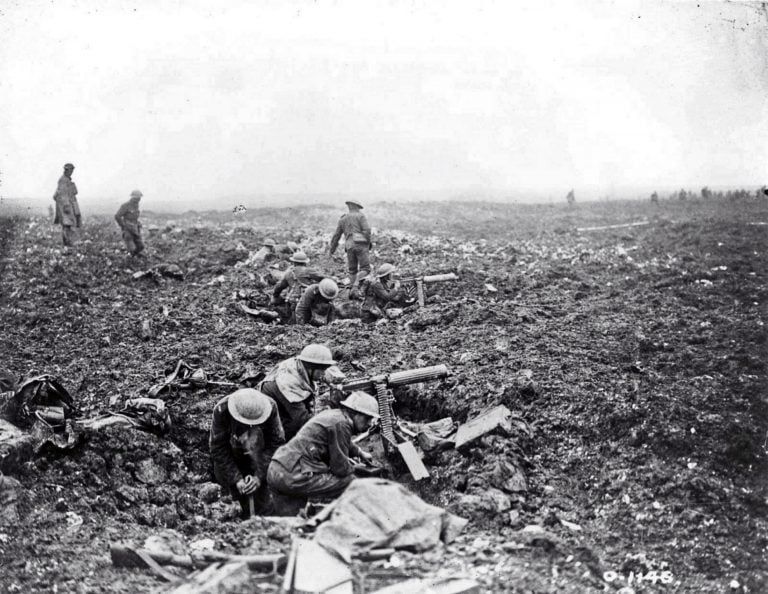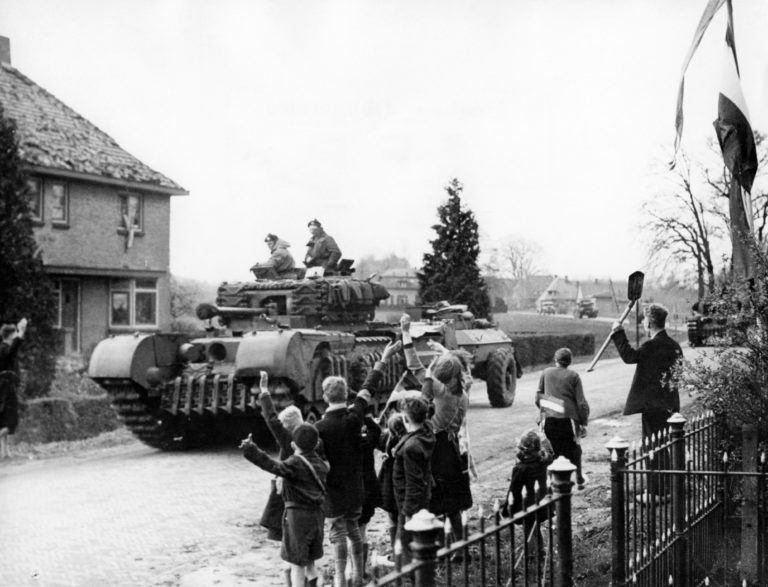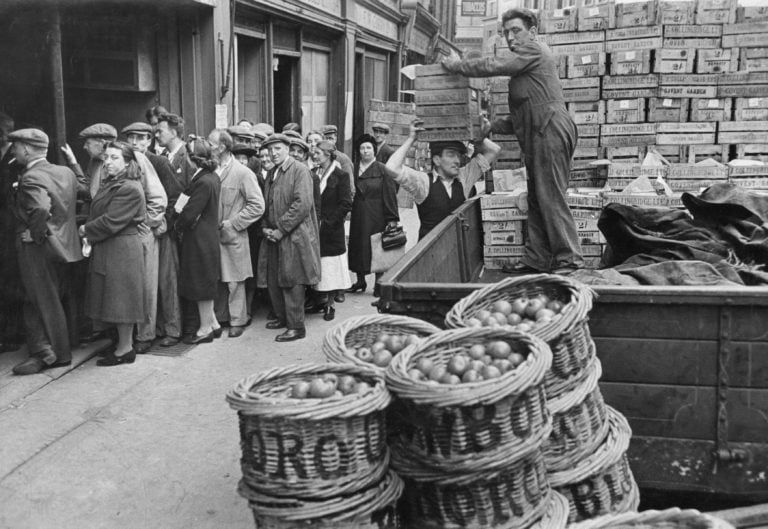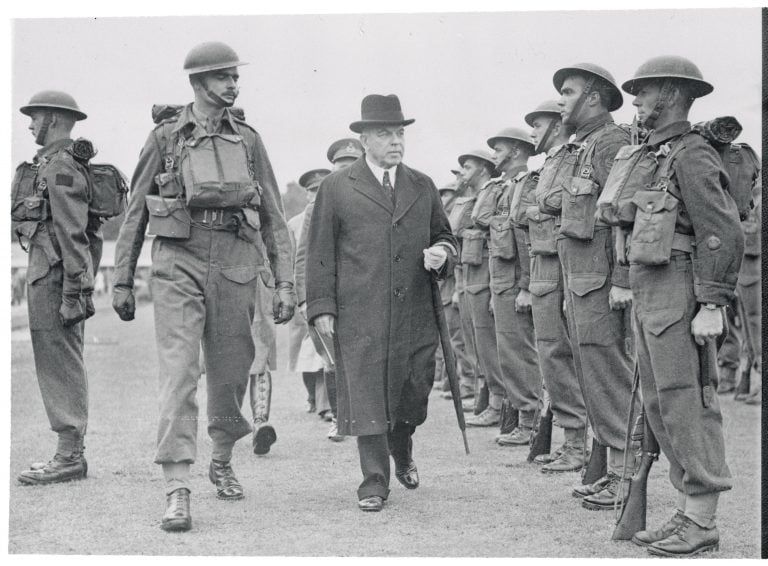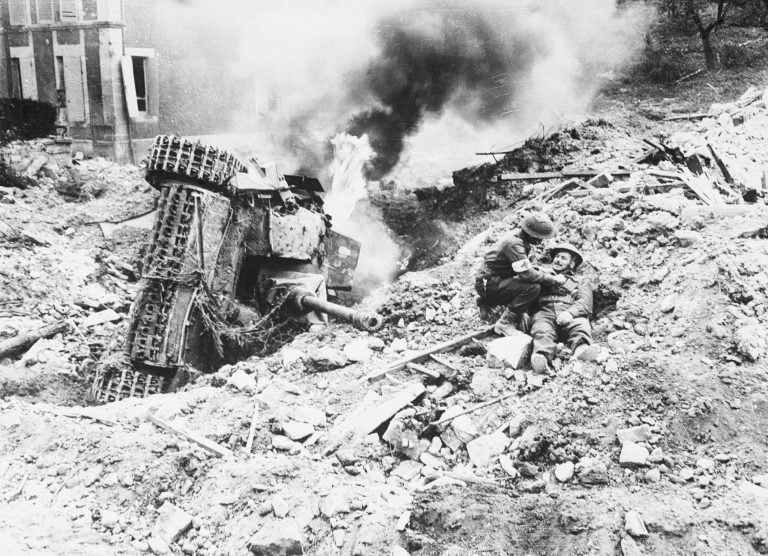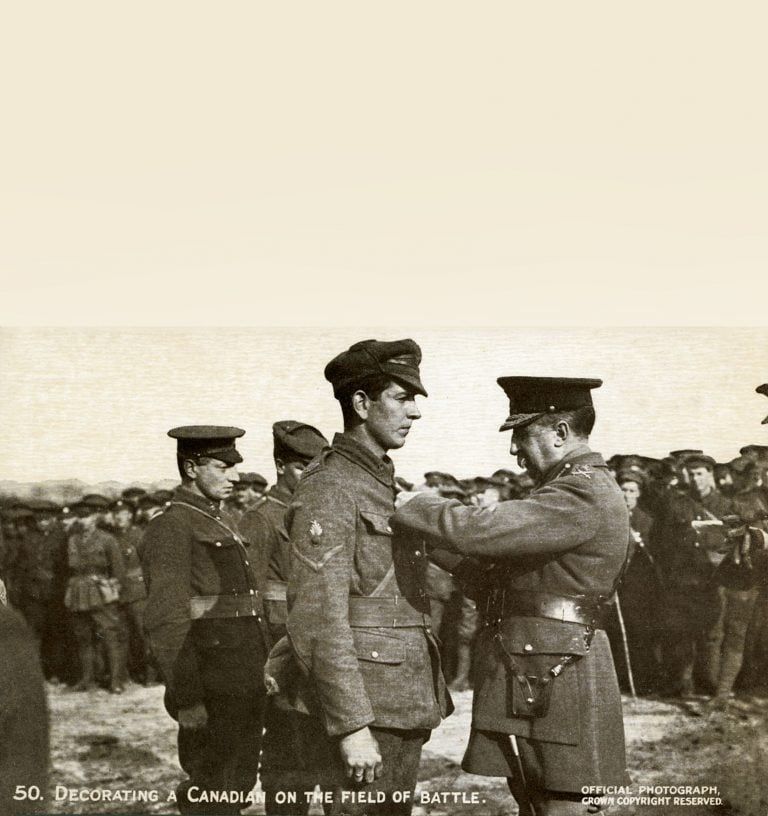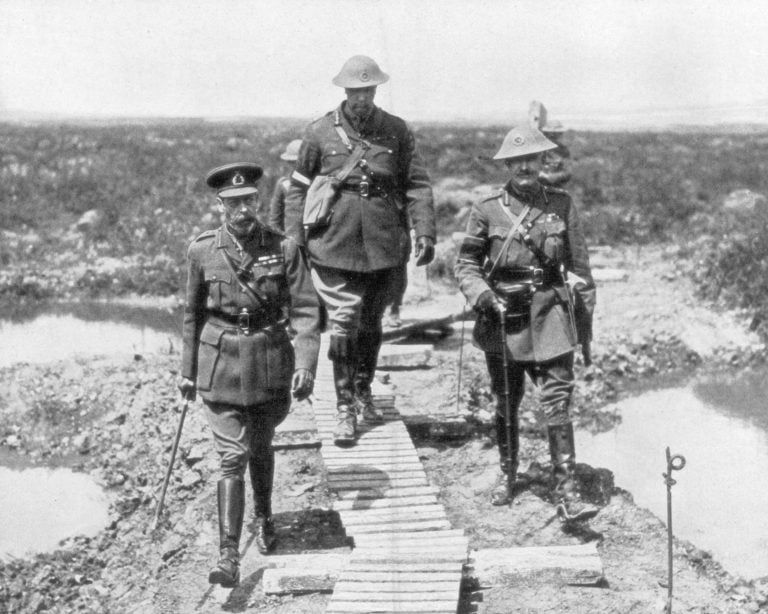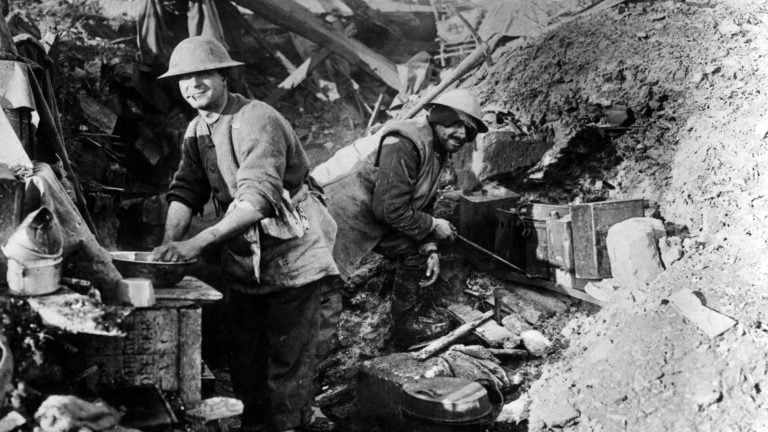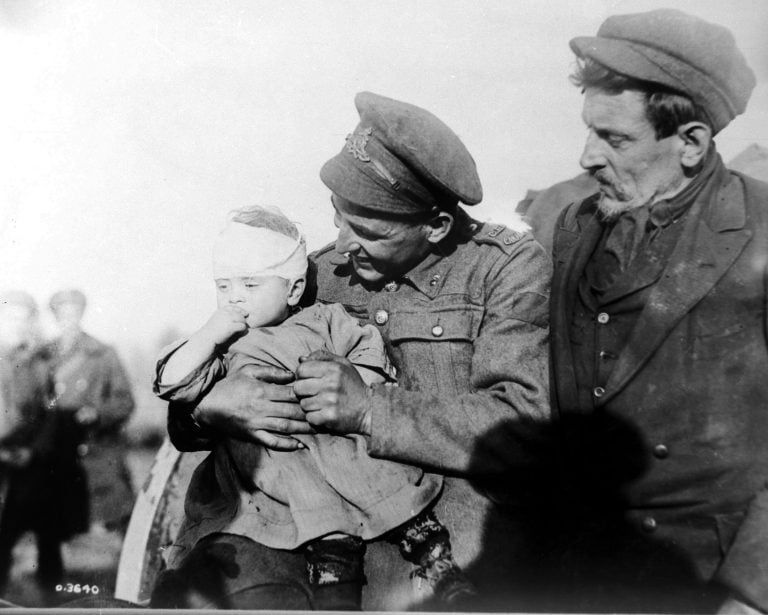Jack Granatstein
How Canada earned the world’s respect
The Canadian Army was created from almost nothing. Training, leadership and grit made it indispensable to the effort to win the First World War.
When Canada liberated a nation from tyranny
J.L. Granatstein: ‘The Dutch remember. They teach their children about the war in their schools. On Christmas Eve every year the children of Holten go to the Canadian cemetery to light a candle on each grave to make the point that freedom had—and still has—a price.’
Canada’s wartime example
Restrictions imposed to curb the spread of COVID-19 pale in comparison to those imposed on Canadians during WWII
How Mackenzie King convinced Canada to go to war in 1939
Canada made an independent decision to fight the Nazis, one taken with scarcely a voice raised against it in Parliament
Why Canada’s casualties were so high in Normandy
The Normandy campaign, from D-Day until late August 1944, saw almost 5,000 Canadian soldiers perish. But that offensive, launched 75 years ago, jumpstarted the liberation of Western Europe.
The heroic life of First World War soldier Samuel Lewis Honey
One Canadian hero, among many, from the conflict
What kept Canadian soldiers committed during the First World War?
Seven in ten were killed, injured or captured. And yet, they fought on.
He led Canada to victory in the Great War. Why did the troops dislike him?
Arthur Currie is widely considered one of Canada’s greatest military leaders. But soldiers felt differently.
‘If we hadn’t had our rum, we would have lost the war’
Here’s a look at what Canadian soldiers ate and drank to sustain their bodies—and First World War efforts. Many looked forward eagerly to their daily rum ration.
The First World War brought the end of cavalry and the advent of the tank
The British invented the tank: an armoured vehicle that could roll over both wire and trenches. The problems, however, were many.
Conscription divided Canada. It also helped win the First World War.
Canada’s military couldn’t have carried on without the controversial policy
How Canada fought its last battle in the First World War
Canada’s war finally ended in Mons, Belgium, the scene of the first skirmishes between British and German troops in 1914.
